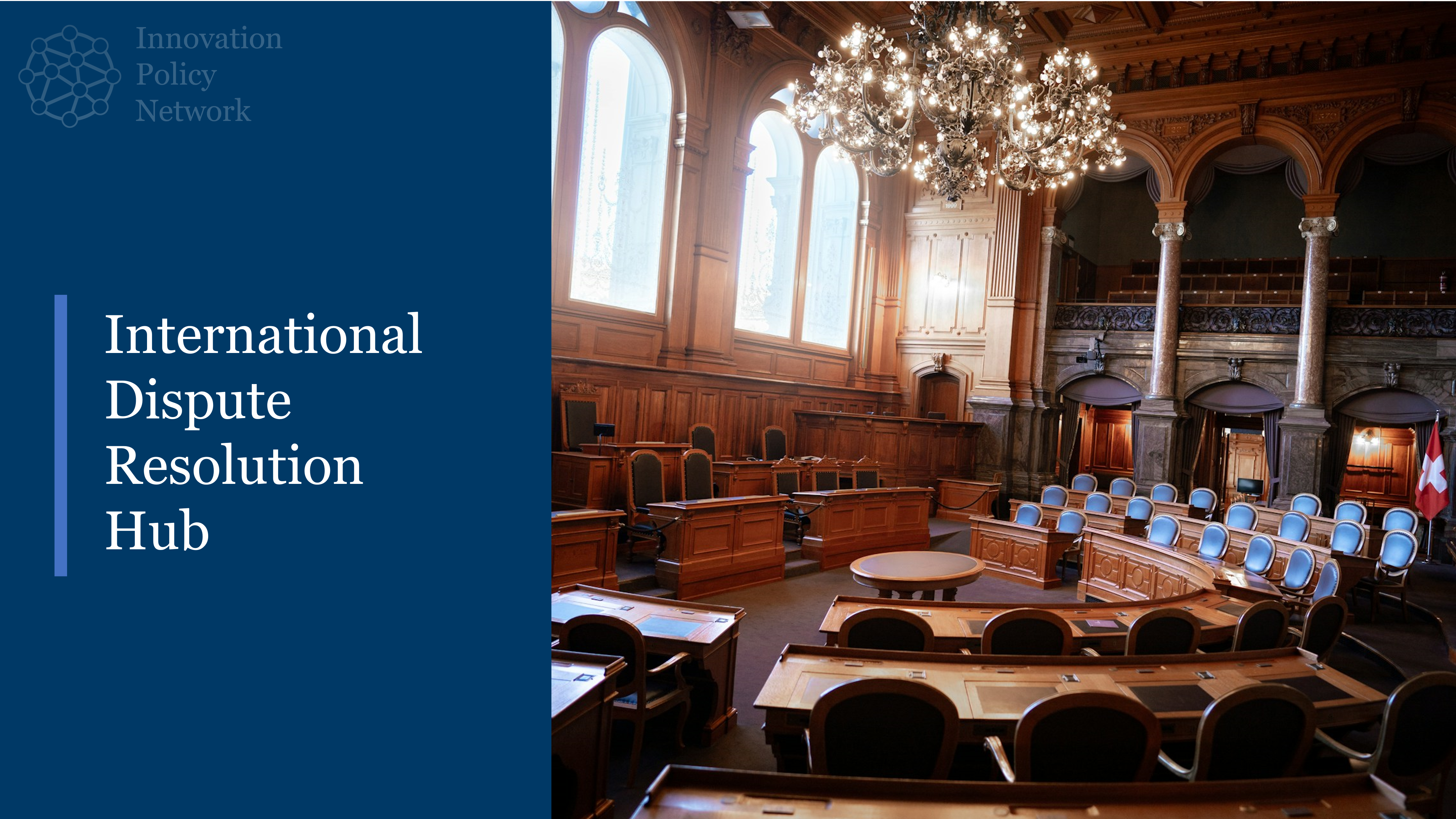Authors: Erika Scuderi, Amedeo Rizzo, Artemis Locaidou
Book: Dominic De Cogan, Alexis Brassey, Peter Harris, “Tax Law in Times of Crisis and Recovery” (Bloomsbury)
Abstract:
The COVID-19 pandemic has had tremendous effects on both human health and the global economy. Lockdown measures, however, led to the unpredicted effect of improving the quality of the environment and lowering daily CO2 emissions. The disruption of the pre-existing status quo may turn into a unique opportunity to ‘ lock ’ these environmental improvements through, inter alia, the alignment of environmental goals with fiscal policies. In light of this goal, this chapter highlights why unilateral approaches are not sufficient and details the reasons why it is necessary to give a common response. Aware of the challenges and difficulties that may arise in designing and implementing a global solution, the authors propose a potential solution to design a fair and efficient carbon pricing system within and at the EU borders, while taking into account the
COVID-19 pandemic’s effects on the economy. The research illustrates how suitable measures should be designed to avoid economic distortions, inequality and inefficiency, and which primary purpose they should serve: the improvement of the quality of the environment (irrespective of the revenue produced) or budgetary objectives to provide the EU with adequate resources to support economic recovery.




Leave a Reply